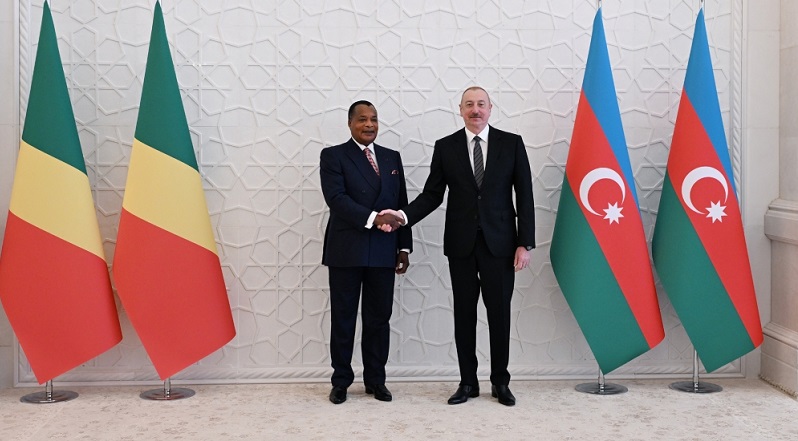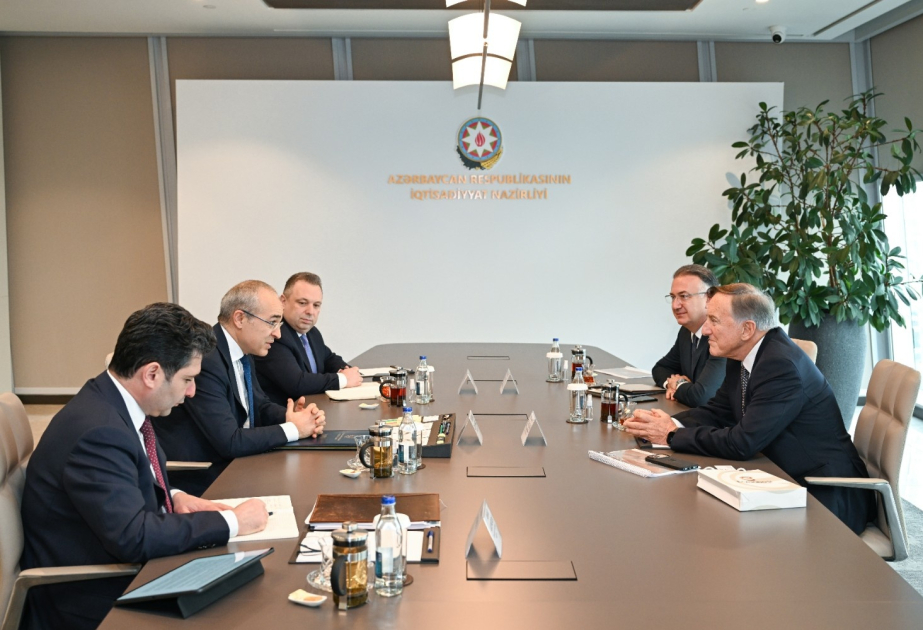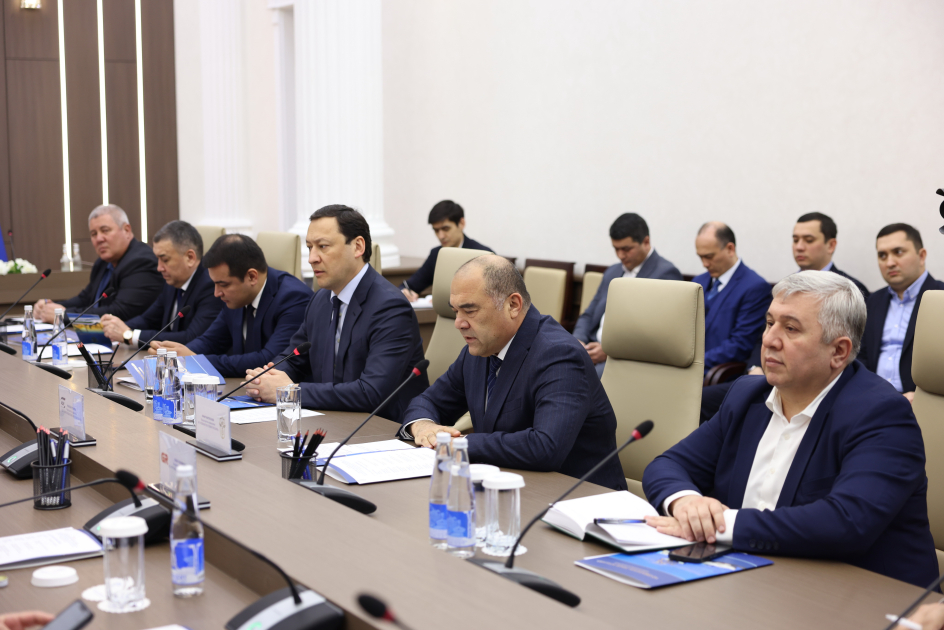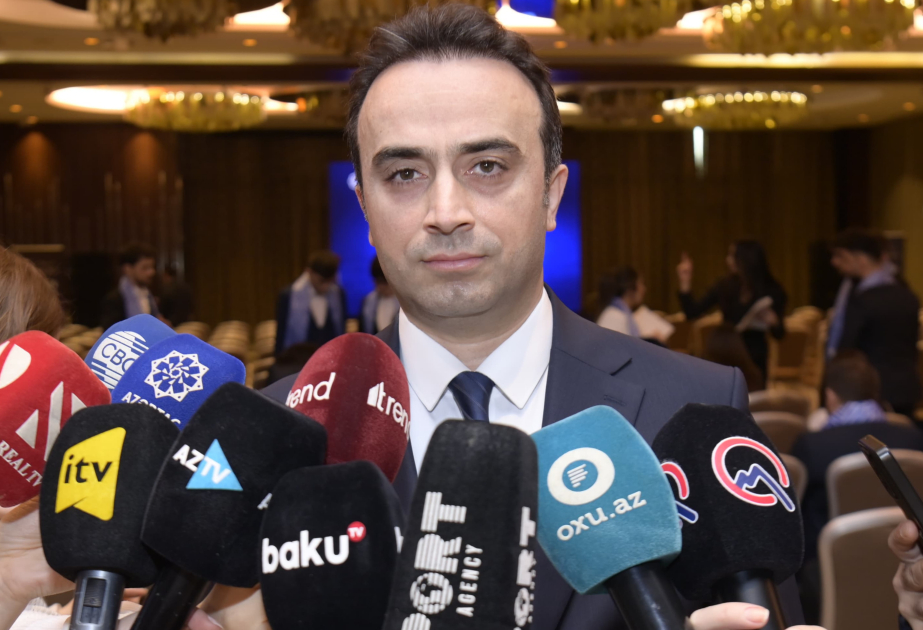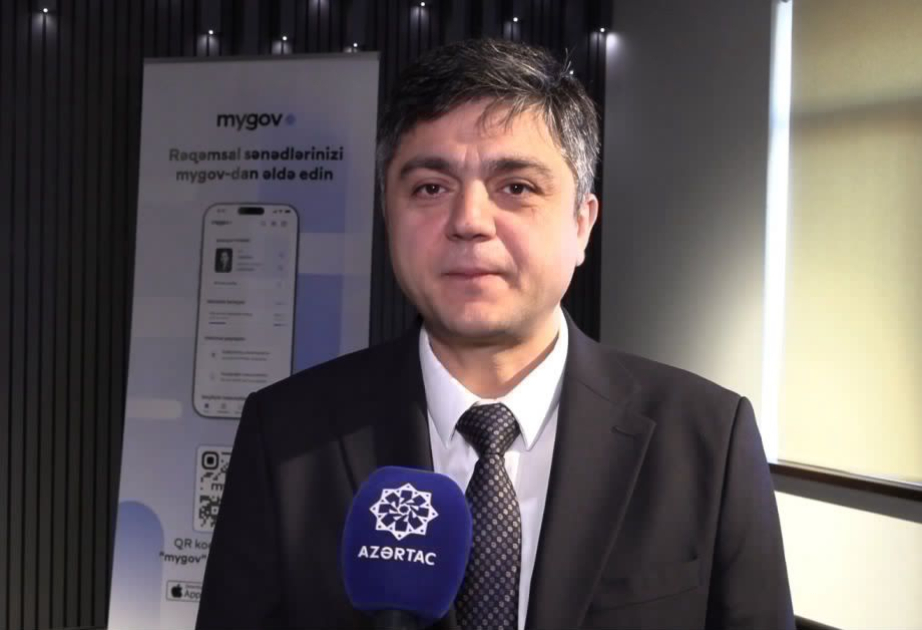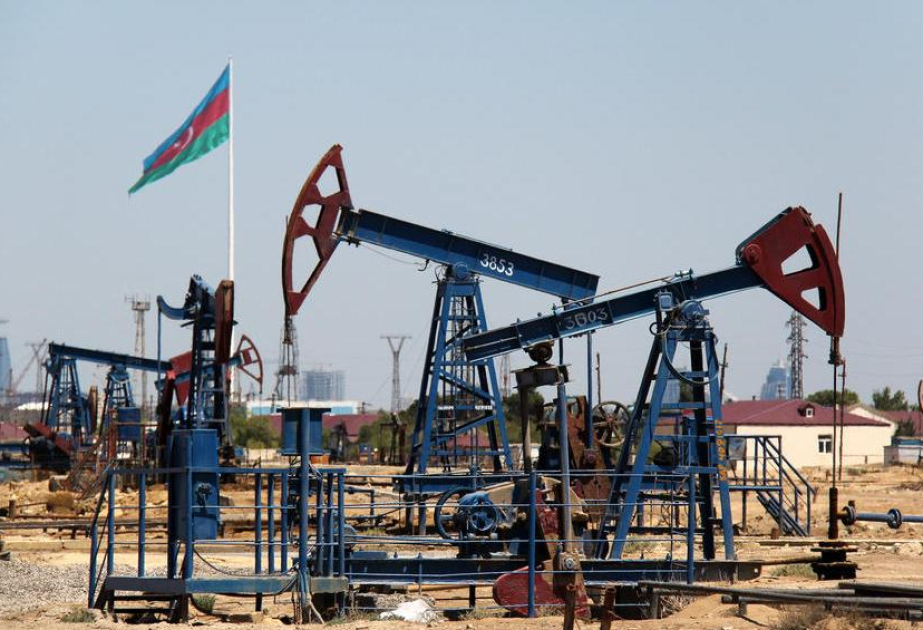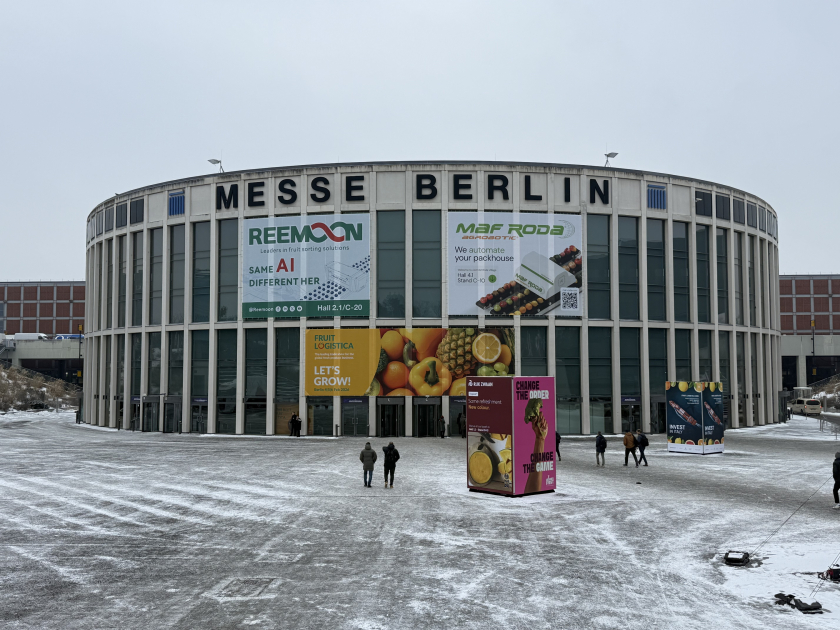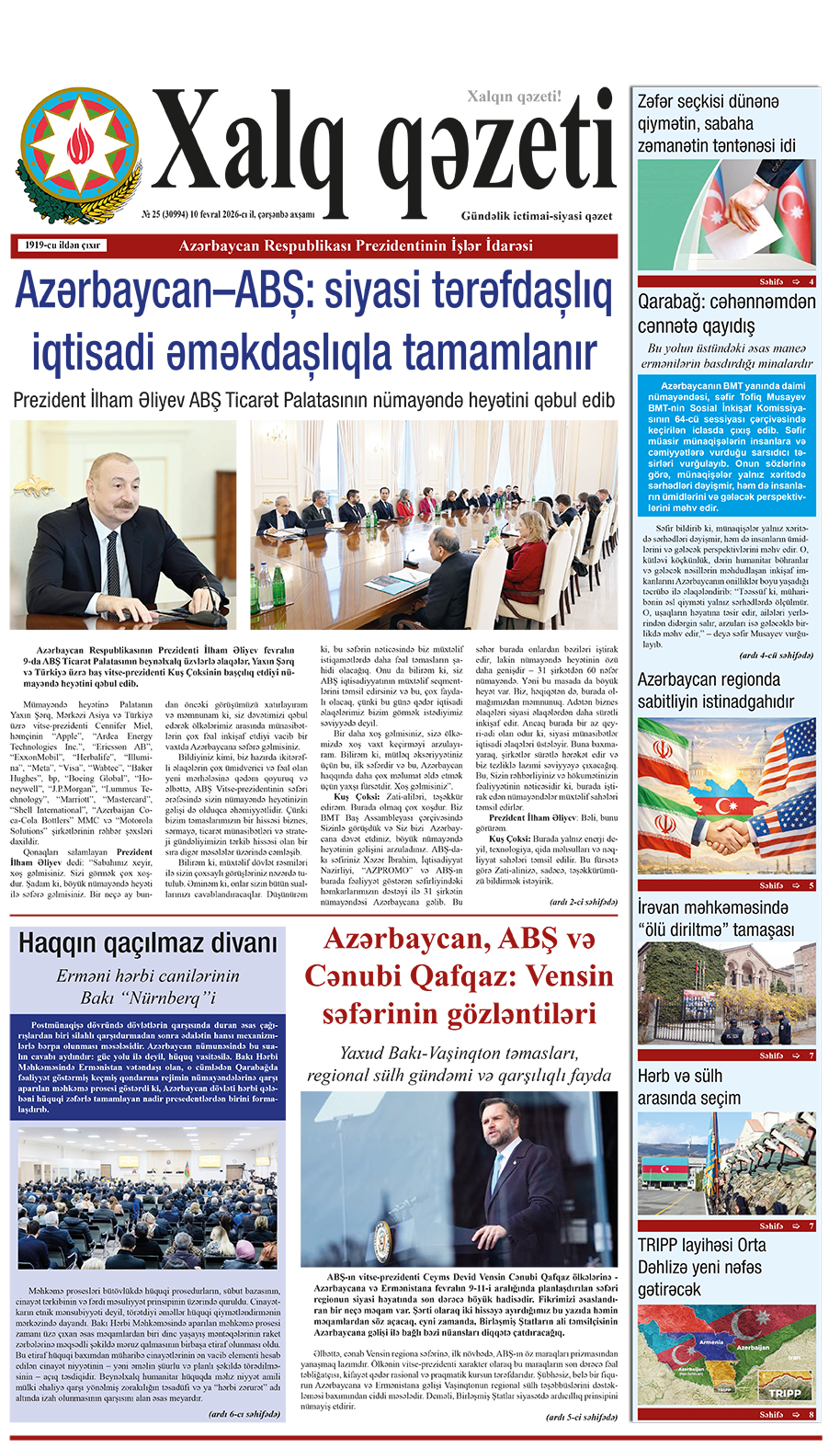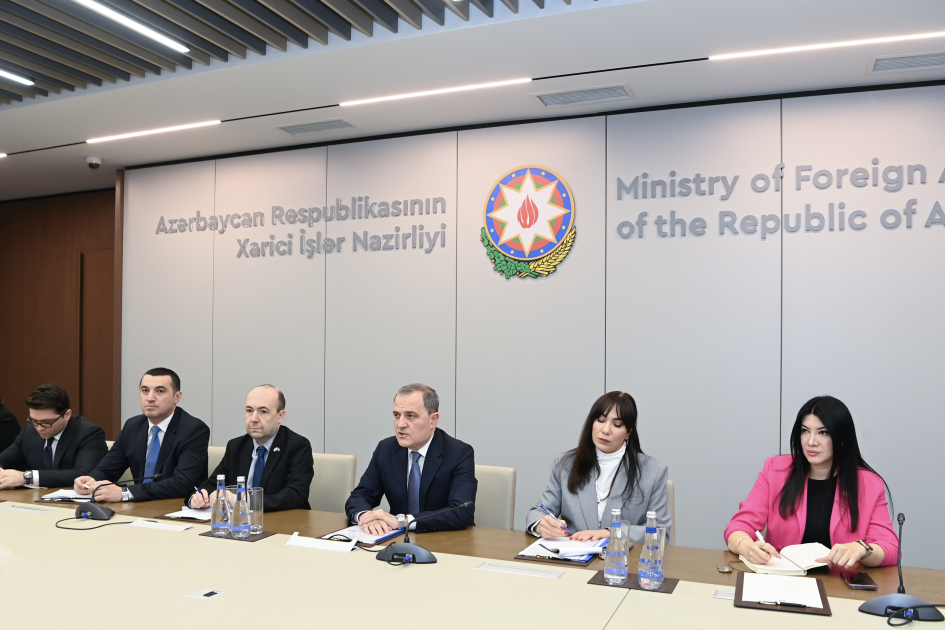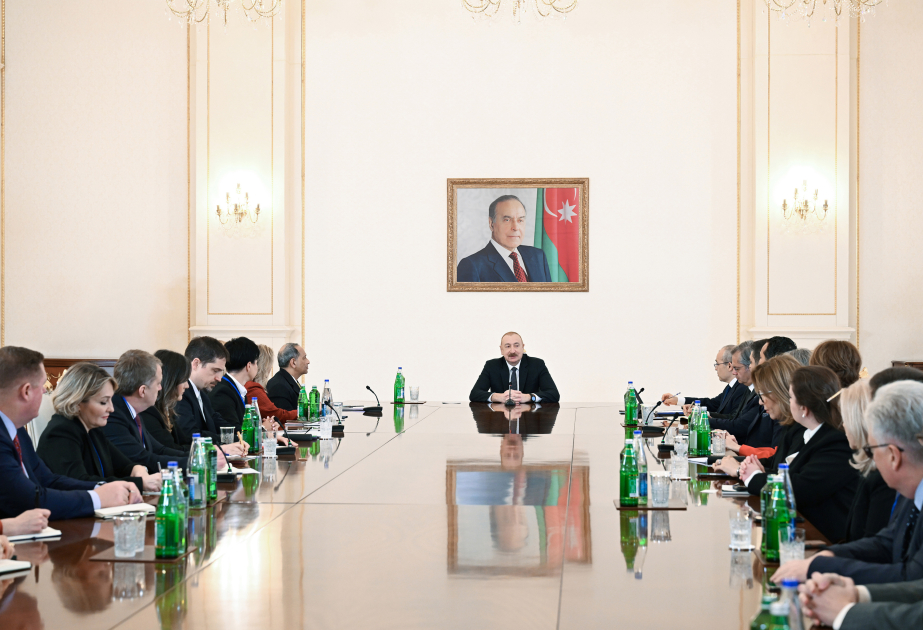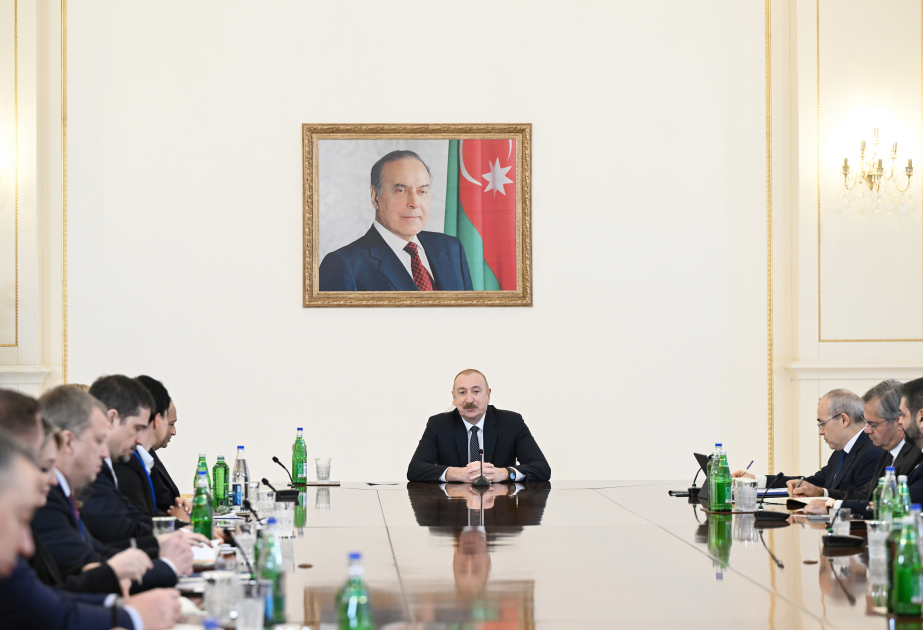The Republic of Congo represents a critical case study in the dynamics of agricultural employment and export orientation within developing economies. Predominantly an agrarian society, a significant portion of its population is engaged in farming, underscoring the sector's role in sustenance and economic activities. However, the paradox of the Congolese economy lies in its export composition, where petroleum products dominate, contributing the lion's share of foreign exchange revenue to the national budget, accounting for at least 60% of the country's exports. This heavy reliance on oil delineates the challenges and vulnerabilities associated with commodity-based economies, especially the susceptibility to global oil price fluctuations.
Wood exports, with mahogany and Terminalia superba being the principal species, rank second in the country's export hierarchy. The cultivation of Burseraceae for commercial purposes further exemplifies the country's utilization of its rich forest resources. Meanwhile, the exportation of minerals such as iron ore, bauxite, lead, zinc, gold, and diamonds adds layers to the export structure, albeit to a lesser extent compared to oil and timber. This diversification, while beneficial, also highlights the critical need for sustainable management and value addition to harness more substantial economic benefits from these natural resources.
The industrial sector in the Republic of Congo, primarily focused on the production of consumer goods, including textiles, footwear, soap, cigarettes, and alcoholic beverages, reflects an economy in transition, striving to balance between agricultural roots and industrial aspirations. Despite these efforts, the sector's contribution to the economy pales in comparison to the extractive industries, indicating potential areas for industrial policy and development focus.
Furthermore, the Republic of Congo's role as a pivotal player in Central Africa's trade and transit system underscores its strategic geographical and economic position. However, the provision of transport corridors and trading platforms does not significantly contribute to national revenue, presenting an area ripe for policy intervention to leverage this strategic advantage more effectively.
The control of over 95% of trade by foreigners or foreign-owned companies points to a significant aspect of economic sovereignty and local capacity building. This dominance raises questions about the equitable distribution of economic benefits and the strengthening of local enterprises to participate more fully in the nation's economic activities.
During the official visit of the President of Congo, Denis Sassou Nguesso, to Azerbaijan, a significant step was taken towards strengthening the bilateral relations between these states. The event, marked by the signing of the Declaration of Cooperation, not only symbolizes the beginning of a new era in relations between Congo and Azerbaijan but also sets a platform for the future development of their cooperation across diverse areas. This important event reflects the desire of both countries to establish closer interaction based on common interests and goals.
Special attention during the visit was given to the strengthening of political relations. The achievement of a consensus between the parties indicates a deep mutual understanding and agreement on key issues of international and domestic politics. Such harmony of opinions not only highlights the possibilities for deepening the existing partnership but also foreshadows the successful development of their relations in the future based on mutual benefit and respect.
The discussion of joint work within international organizations, including important platforms such as the UN and the Non-Aligned Movement, underscored the strategic significance of this cooperation not only for the states themselves but also for strengthening multilateral relations on the international stage. Congo's support during Azerbaijan's chairmanship in the Non-Aligned Movement stands out as a significant moment, contributing not only to the development of this organization but also to the advancement of its initiatives against neo-colonialism.
Economic cooperation occupies a central place on the visit's agenda. Azerbaijan, expressing interest in participating in investment projects on Congo's territory, especially in sectors such as agriculture, renewable energy, and mining, opens new horizons for economic interaction. The allocation of specific mandates for the development of these directions emphasizes the strategic interest and practical orientation of both sides in the implementation of joint projects.
Cultural and educational cooperation, signified through student exchange initiatives and the restoration of traditions for Congo students' education in Azerbaijani universities, highlights the long-term historical ties between the countries. This demonstrates a deep understanding of the importance of cultural dialogue and educational exchange in strengthening interstate relations.
The President of Congo expressed gratitude for the warm reception and highly evaluated the visit's results, which became a significant step towards strengthening the ties between the countries. Special attention was given to cooperation in the field of ecology and climate, underlining the relevance and importance of these issues on the international level.
Congo and Azerbaijan possess unique resources and strategic positions that could play a significant role in the global economy if utilized and collaborated upon effectively. Congo is rich in minerals crucial for the production of electronics and batteries, such as cobalt and coltan, while Azerbaijan is a key player in the energy sector, especially in the production and export of oil and gas. Collaboration between these countries can promote the development and diversification of their economies through investments in infrastructure, technology, and human capital development. This could lead to the creation of new markets, increased exports, and improved trade links, impacting the global economy through sustainable development, innovation, and competitiveness on the international stage.
Thus, the visit of the President of Congo to Azerbaijan opens new prospects for bilateral relations, demonstrating mutual interest in deep and comprehensive cooperation. This event becomes a catalyst for further development of relations between the countries, promising to lead to significant positive changes at various levels of interaction.
Kerim Sultanov


